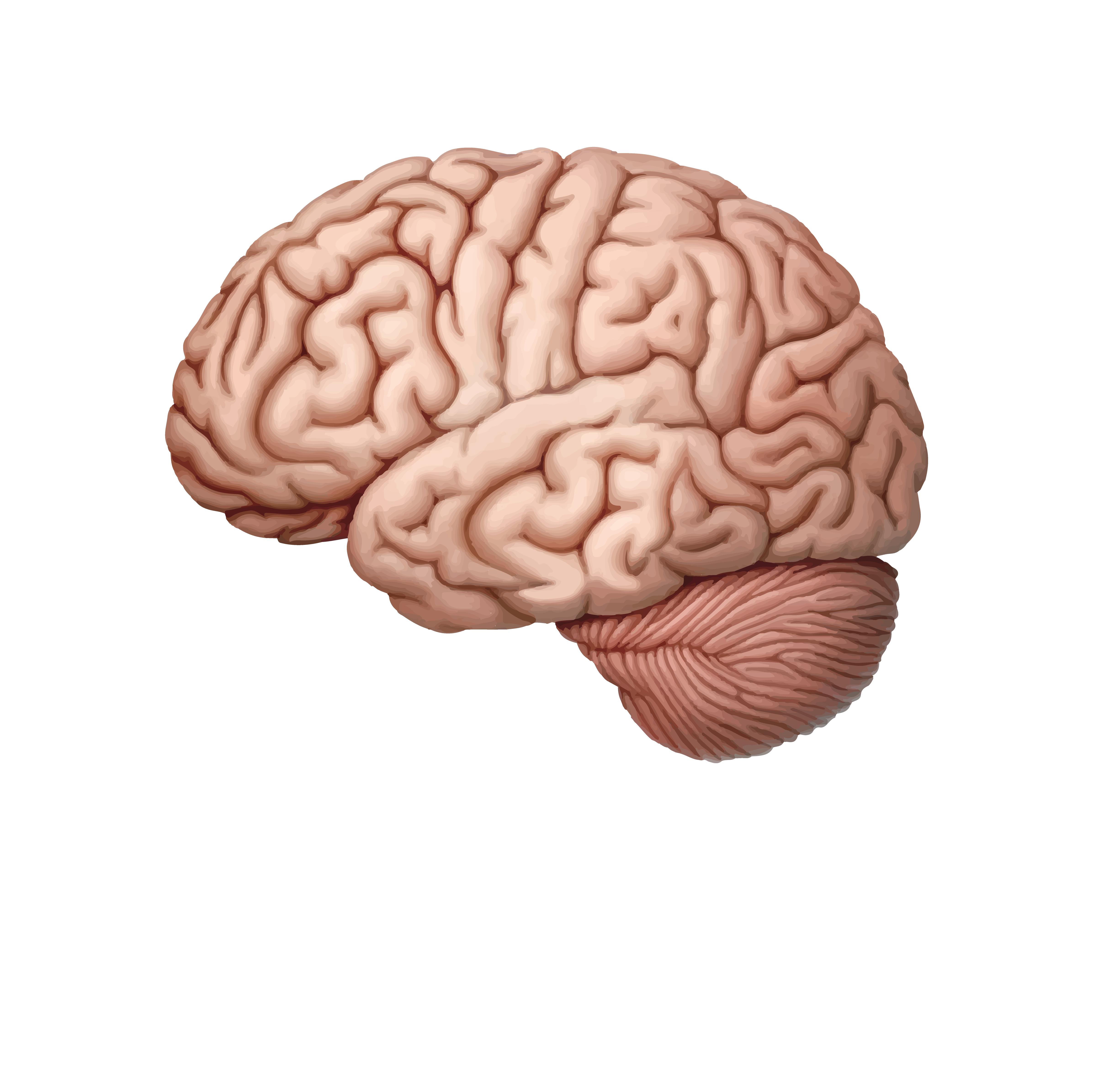In Parkinson’s, both drugs and disease damage cognition 12 November 2001 11:55 EST by Apoorva Mandavilli, BioMedNet News SAN DIEGO, California
The miracle drug L-dopa, which has been prescribed for Parkinson’s disease (PD) patients for more than 30 years, may itself be partly responsible for the cognitive deficits associated with PD, 3 independent teams of researchers reported here today at the annual conference of the Society for Neuroscience. PD patients are also impaired at “habit” learning, which depends on the basal ganglia, the part of the brain that is affected by the disease. In addition to severe motor problems, scientists have identified PD-associated affective and cognitive defects, which can ultimately lead to a type of dementia. The cognitive aspects are very different from those seen in patients with Alzheimer’s disease (AD), however. Rutgers University neuroscientist Mark Gluck and his colleagues developed computational models for brain simulation, which distinguish between PD and AD defects. AD patients with hippocampal damage have no trouble with simple associations between cues but have trouble transferring that knowledge to a novel task, for example. In contrast, PD patients are slow to learn but once they master the associations, can apply their knowledge in novel situations. To the researchers’ surprise, however, PD patients taken off medications did not have any problems with the tasks. “What is known about cognitive deficits may be from being on the medication,” Gluck said. Probably, different levels of dopamine are required for different parts of the brain, Gluck says. Introducing dopamine globally (as the traditional oral medications do) may serve to “overflood the brain in certain areas.” Delivering too much dopamine may also carry a risk of causing schizophrenia-like symptoms. Gluck’s results are borne out by data from researchers led by University of Colorado neurologist Curt Freed. Transplants of dopamine-producing cells into the putamen region produce abonormal movements, or dyskinesias, in some patients, mimicking the side-effects of L-dopa, Freed reported. The abnormal movements are associated with the transplantation of excessive amount of cells, which cause neurons in the putamen less affected by PD to produce too much dopamine, he notes. Based on the results, Freed plans to modify the transplantation surgery to target only those areas of the putamen with the greatest dopamine depletion. A second strategy may be to use dopamine agonists, rather than L-dopa, to treat the disease. Dopamine receptors are expressed differentially in different parts of the brain. It may be possible, therefore, to design medications that bind receptors only in areas with dopamine depletion. While too much L-dopa seems to trigger at least some cognitive defects, damage to the basal ganglia impairs the kind of learning which allows an individual to perform tasks on “auto-pilot,” says Barbara Knowlton, a cognitive neuroscientist at the University of California in Los Angeles. This form of memory, called habit memory, is newer to scientists than the traditional representation of memory, now referred to as declarative memory, which is associated with the hippocampus. Habit memory depends on the basal ganglia. Declarative memory requires a lot of cognitive resources, Knowlton says, while habit memory, which is acquired only after numerous trials, can be more efficient. Because their basal ganglia is affected, PD patients, while they have good declarative memory, cannot form habitual memories and “need more effort to get through daily life.” Using the “Rutgers Weather Prediction Task,” the same task used by Knowlton, Gluck and his colleagues found that rather than shifting from a simple strategy to a complex strategy to solve a task, PD patients stick to a simple strategy the entire time. By acknowledging and capitalizing on the different strategies PD patients use, Gluck said, the results may “lead to an array of clinical treatments that could help people with PD overcome their cognitive deficits.”
